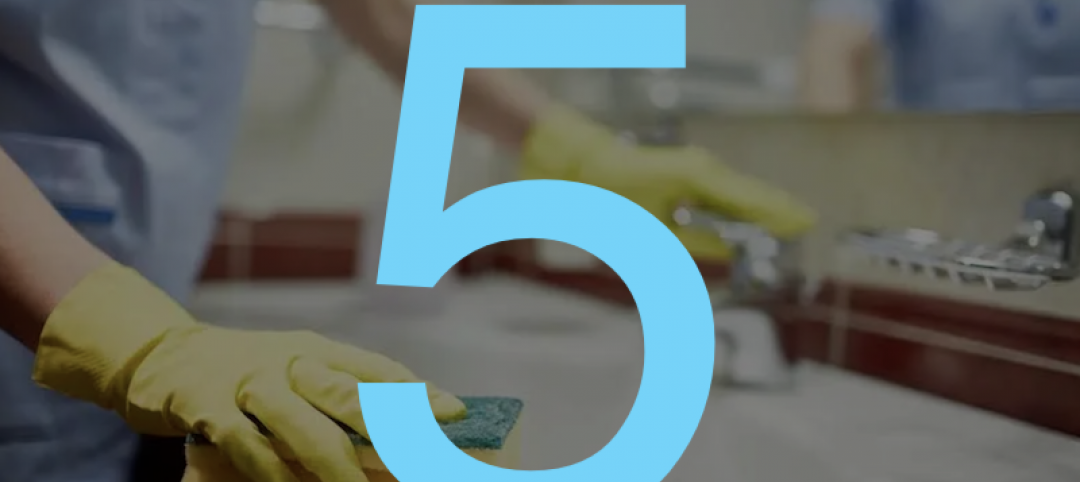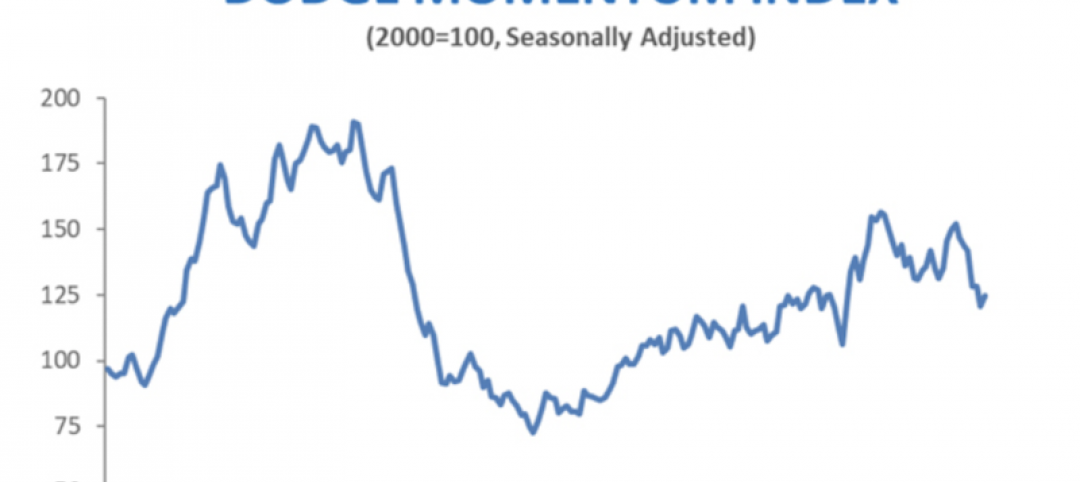Last week, The World Bank lowered its estimate for global growth in 2016 to 2.9%, from its 3.5% prediction last June. The Bank is particularly concerned about slowdowns in China and developing companies that could reverberate, long term, to advanced economies.
However, the Bank’s forecast was more optimistic about the United States, whose 2.7% economic growth in 2016, if realized, would be its fastest pace since 2006.
Whether the U.S. can outpace other nations’ economies is a topic of some debate. James Pethokoukis, a Fellow at the American Enterprise Institute, thinks the U.S. could face decades of “unhealthy economic populism” if GDP and job growth aren’t matched by productivity gains, which over the past five years have averaged only 0.6%. More dour is Citigroup, which is on record that there’s a 65% chance of another recession in the U.S. this year.
The current state of America’s stock market, which got off to a miserable start in 2016, doesn’t exactly augur happy days ahead. But that downturn, and the generally mediocre pace at which the world’s economies are moving, didn’t deter Morgan Stanley from reiterating its belief that the U.S. would continue growing through 2020, and thereby achieve the longest economic expansion in the post-World War II era.
Morgan also thinks that if the U.S. skirts another recession, corporate profit growth could lift the S&P 500 to 3,000 by 2020. (That Index ended Jan. 13 at 1,890.28, down 48.40 to its lowest level since last September. Morgan’s prediction is in sharp contrast with economic bears who are already predicting the S&P 500 could collapse by as much as 75% from its peak of 2100 last year, driven down by China’s currency deflation.)
There are three main reasons why Morgan Stanley remains bullish about the American economy:
•The U.S added about 200,000 jobs per month in 2015, its second-best year for employment gains since 1999. The employment picture spurred consumer confidence, as measured by the University of Michigan, to average 92.9 last year, the highest it’s been at since 2004.
•Americans are getting themselves out of the red. Morgan Stanley notes that debt to disposable income, at about 106%, has fallen from 138% in 2008. And the portion of loan balances that are 90-plus days delinquent fell below 4% for the first time since the recession ended.
•Big companies are cleaning up their balance sheets and being a lot more careful about what they invest in. Morgan Stanley expects capital spending-to sales at the largest 1,500 corporations to fall to 4.6%, compared to between 6% and 9% before the last two recessions. S&P 500 companies have about $100 billion in loans coming due this year and $300 billion in 2017, which Morgan considers manageable amounts.
Related Stories
Market Data | Aug 18, 2020
6 must reads for the AEC industry today: August 18, 2020
The world's first AI-driven facade system and LA's Greek Theatre restoriation completes.
Market Data | Aug 17, 2020
5 must reads for the AEC industry today: August 17, 2020
5 strategies for creating safer hotel experiences and how to manage multifamily assets when residents no longer leave.
Market Data | Aug 14, 2020
6 must reads for the AEC industry today: August 14, 2020
The largest single sloped solar array in the country and renewing the healing role of public parks.
Market Data | Aug 13, 2020
5 must reads for the AEC industry today: August 13, 2020
Apple Central World opens in Bangkok and 7-Eleven to buy Speedway.
Market Data | Aug 12, 2020
6 must reads for the AEC industry today: August 12, 2020
UC Davis's new dining commons and the pandemic is revolutionizing healthcare benefits.
Market Data | Aug 11, 2020
6 must reads for the AEC industry today: August 11, 2020
Elevators can be a 100% touch-free experience and the construction industry adds 20,000 employees in July.
Market Data | Aug 10, 2020
Dodge Momentum Index increases in July
This month’s increase in the Dodge Momentum Index was the first in all of 2020.
Market Data | Aug 10, 2020
Construction industry adds 20,000 employees in July but nonresidential employment dips
Association warns skid will worsen without new relief.
Market Data | Aug 10, 2020
5 must reads for the AEC industry today: August 10, 2020
Private student housing owners reap the benefits as campus housing de-densifies and race for COVID vaccine boosts real estate in life sciences hubs.
Market Data | Aug 7, 2020
6 must reads for the AEC industry today: August 7, 2020
BD+C's 2020 Color Trends Report and HMC releases COVID-19 Campus Reboot Guide for Prek-12 schools.

















